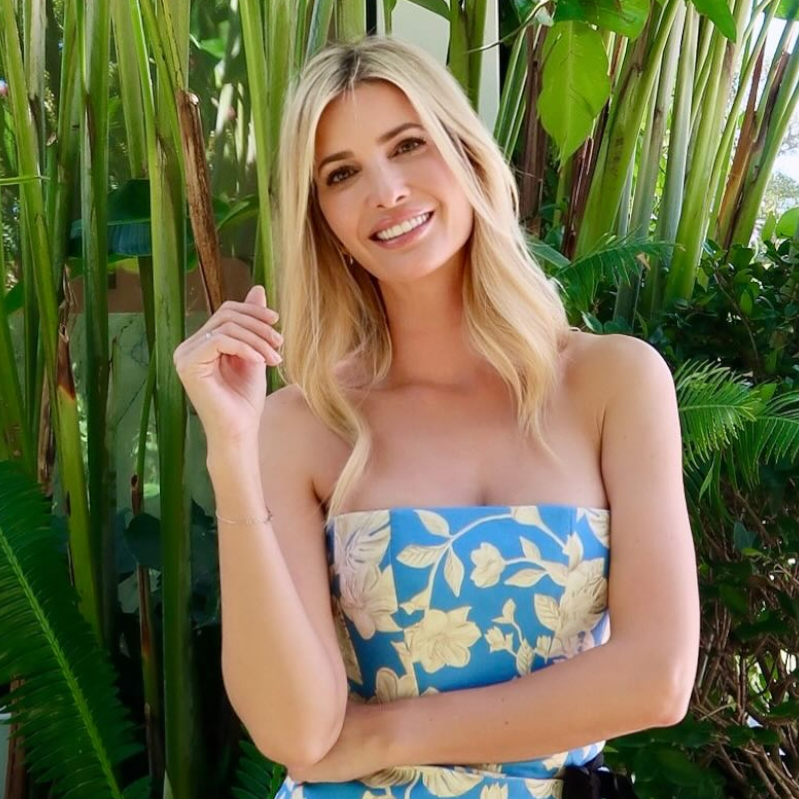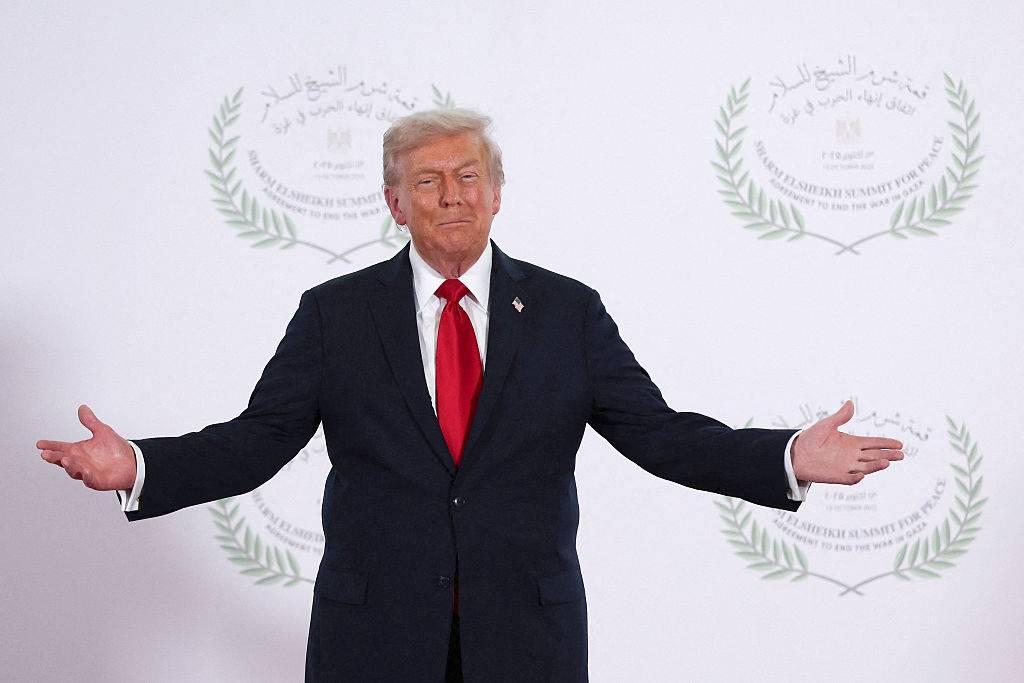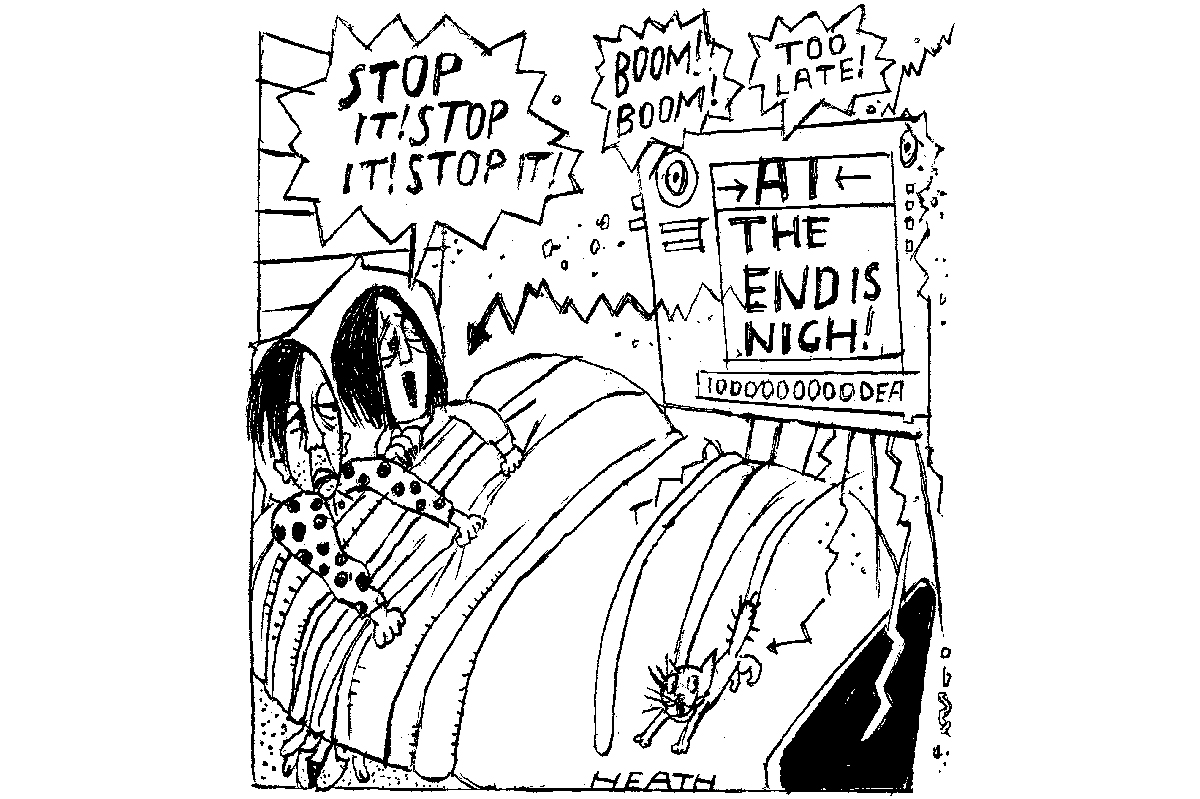In Bentonville, Arkansas, far from the Beltway bubble, Ivanka Trump is talking about her latest venture. Her topic isn’t politics but produce – specifically, supply chain inefficiencies and supporting American farmers. “We launched Planet Harvest to reimagine how American produce moves,” she says, with her signature polished delivery. Gone are the West Wing offices and policy portfolios. Now it’s all about “reducing food waste, expanding access” and other wholesome buzzwords that perfectly capture the current moment in American food politics.
This agricultural pivot isn’t just convenient timing, as Ivanka jumps on the MAHA bandwagon. It’s a masterclass in political repositioning. After stepping away from her father’s administration and claiming to choose “private life and family” over continued public service, Ivanka has discovered a backdoor into America’s consciousness without the messy complications of direct political involvement. Her newfound passion for produce conveniently sidesteps controversy while maintaining cultural relevance.
“Ivanka has always excelled at identifying cultural currents and positioning herself accordingly,” notes a former White House colleague who worked alongside her. “She’s remarkably adept at entering conversations in ways that feel both timely and somehow inevitable.”
By launching Planet Harvest with her co-founder Melissa Melshenker Ackerman in 2023, Ivanka is cleverly positioning herself in the apparently unimpeachable territory of fresh vegetables and farmer support.
“Food and agriculture have universal appeal,” observes the former colleague. “It allows her to maintain public relevance without the toxicity of direct political engagement.”
What makes this pivot particularly noteworthy is how it aligns with broader cultural conversations around food security, sustainability, and health. With nutrition increasingly central to national discourse, Planet Harvest materializes at at a moment when the median raw milk drinker and skeptic of processed foods has moved from left to right, perhaps without noticing. Planet Harvest serves as a perfect metaphor for our moment: a glossy, Instagram-ready solution to complex systemic problems, where the appearance of progress often substitutes for the messy work of actual change.
This movement, with its emphasis on personal health choices and skepticism toward industrial food systems, creates a perfect landing spot for Ivanka’s latest venture. Yet it also underscores the contradictions inherent in her approach – championing food access while offering few concrete details about implementation or sustainability.
Marion Nestle, renowned nutritionist and author of Slow Cooked: An Unexpected Life in Food Politics, expresses skepticism about Planet Harvest’s model: “They say they are addressing this problem, but I don’t understand the business model. Who pays them, and for what services precisely? It’s great if they pay farmers for food that would otherwise be wasted. But then who buys that food?”
By framing Planet Harvest as a “private-sector solution” rather than government intervention, Ivanka neatly sidesteps questions about implementation and accountability. This entrepreneurial approach to America’s food system challenges maintains her business credentials while venturing into territory typically claimed by progressives.
Her media rollout conveniently repackages her brief involvement with the USDA’s Farmers to Families Food Box program during the pandemic as the origin story for her current commercial venture. “We’re supporting farmers, reducing food waste, expanding access and using good nutrition to improve health,” she told media outlets, emphasizing private enterprise over government programs. This narrative glosses over the program’s documented inefficiencies while attempting to transform a politically expedient assignment into evidence of genuine agricultural passion. There’s notable irony in Ivanka’s fresh produce advocacy given her previous administration’s systematic dismantling of school lunch standards – policies specifically designed to increase children’s fruit and vegetable consumption.
Nestle raises specific concerns about this approach: “Another concern I have are food boxes. These are enormously labor-intensive and posed lots of problems during the first Trump administration. Eventually, they did nothing for smaller farmers, and recipients complained about quality and shortages. I would think they would be a logistical nightmare. Think about what is involved in gleaning fields, trucking it, and filling boxes. This is labor-intensive and very expensive.”
Ivanka’s approach stands in stark contrast to other former administration officials who have doubled down on partisan positioning. While many former Trump officials remain fixtures in political circles, Ivanka builds a parallel identity centered on wellness, entrepreneurship and non-partisan purpose. Food ventures offer public figures a perfect vehicle for signaling authenticity and wellness – qualities particularly valuable for someone seeking distance from the artifice and toxicity of politics. By aligning herself with fresh produce and farmer support, Ivanka taps into powerful cultural currents around health, sustainability and connection to the land.
Will Planet Harvest succeed where other celebrity food ventures have failed? The landscape of First Family ventures is littered with short-lived projects that generated initial publicity before quietly disappearing. (Paging Michelle Obama.) Yet Ivanka brings unique advantages to this endeavor: connections forged during her White House tenure, media savvy honed through years of public scrutiny, an underrated glamour and access to substantial resources.
Planet Harvest may indeed deliver on its promises of agricultural transformation and food access. Yet until it provides concrete metrics and transparent operations, it remains primarily an exercise in personal brand management. Ivanka’s careful positioning allows her to ride cultural waves while maintaining plausible deniability about specifics. Her new food venture represents a masterful balancing act: leveraging her profile and connections while crafting an identity beyond her controversial political past. For a nation hungry for substance over style, that’s a harvest that leaves much to be desired.























Leave a Reply